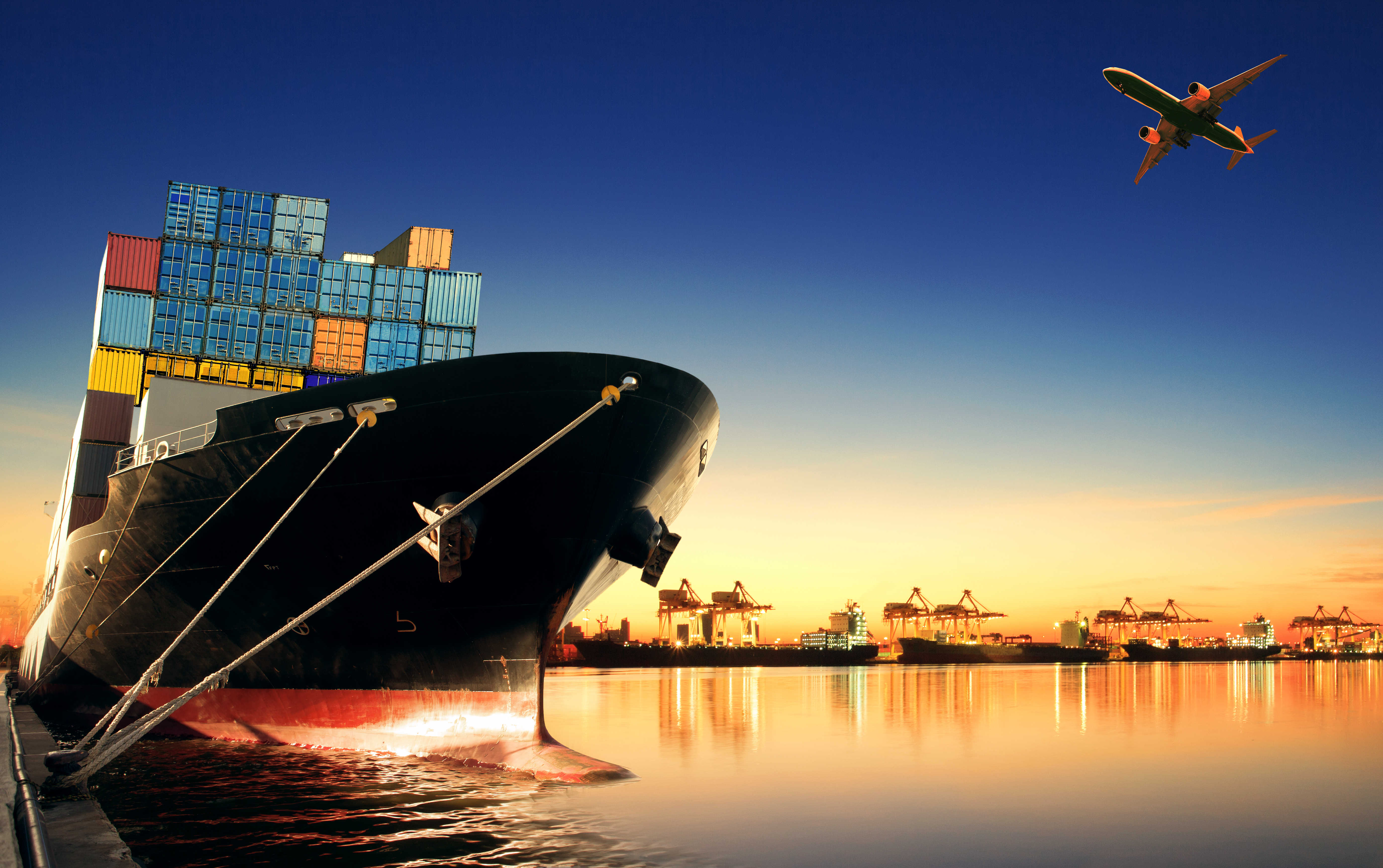With the bankruptcy of Hanjin Shipping, which was the seventh largest ocean carrier, many experts believe that this is only the beginning of an industry-wide crash. Low oil prices, the slowdown of global trade, and the residual effects of the 2008 economic crisis are just a few factors that contribute to this crisis. The World Trade Organization (WTO) said trade growth is at its slowest since the global financial crisis.
The bankruptcy of Hanjin Shipping was shocking because many assumed that the government of Korea would continue to back the steamship line since most lines are backed by state banks. German banks alone have up to $100 billion of shipping debt out of $400 billion worldwide. If the conditions worsen in the industry, ship-owners won’t be able to pay back these loans leaving banks unable to receive full returns on their investments. Does this mean that more banks will stop supporting carriers?
Most of the steamship lines are operating at a loss in this environment due to low demand. Steamship lines have always been in competition to build bigger and better vessels. Now with the widening of the Panama Canal, more vessels will hold more cargo leading to more capacity with falling demand. The alliances formed between steamship lines last year have not been able to combat the overcapacity issue yet. Maersk, the largest carrier in the world, reported a net profit of $791 million for 2015 compared to $5 billion in 2014.
Shippers are Turning to Contingency Plans
Due to the volatility of the shipping industry, shippers are asking carrier alliances for assurances that they have contingency plans in place in case a member of the alliance is unable to deliver the cargo.
The shipbuilding sector of the industry will be hit the hardest due to these issues. For Japan, only 8 vessels were ordered this year. Daewoo Shipbuilding, the world’s largest shipbuilder, said they will be cutting 24% of jobs (almost 3,000 people) in an attempt to save itself from the current industry crisis and its own debt. The oversupply of space and vessels will affect shipbuilding companies for years to come.
Adding to the crisis, fuel prices may double if the International Maritime Organization’s (IMO) Marine Environment Protection Committee decides to impose a limitation on sulfur emissions. This means that vessels will have to switch from bunker fuels to diesel or liquefied natural gas (LNG). If this regulation is passed, ocean freight rates, which have already soared in the past few months due to Hanjin bankruptcy, will most likely increase even more.
Geopolitical Concerns Increase Risk for the Shipping Industry
Moreover, the South China Sea dispute, along with Brexit, add to the uncertainty of the industry’s future. China, Vietnam, Nation of Brunei, Taiwan, and the Philippines are in disagreement on the territorial claims regarding the islands, reefs and banks along the South China Sea, which is an important waterway for international trade. Tensions have been on the rise for the past few years and many worry that this area will turn into a warzone, threatening trade. Brexit raises many questions regarding the sanctions and trade agreements signed prior to Brexit. The impact of the Brexit will be felt in the upcoming years as the process and negotiations start in March 2017.
At MTS Logistics, we have been making it very easy for our clients to reduce logistics expenses and eliminate their dreaded daily shipping tasks.
With over 15 service contracts with all major ocean carriers, MTS will provide you access to multiple shipping options for your ocean and air shipments. You will be able to filter these options and optimize your logistics expenses based on your pricing, routing or transit time needs.
Our clients always receive personalized service from us and have the ability to shape it as they see fit. Our logistics account managers are highly trained to specifically provide A-to-Z shipping service. Starting from today, you can let our Logistics Managers handle your daily shipping tasks.
MTS offers state of the art online tools and platforms. Our clients have online visibility from the booking stage until delivery at your door. Clients can approve and view bookings and even switch carrier or pricing options. Invoices, arrival notices and more can be viewed and printed out with one easy click.
MTS holds an ISO 9001:2008 Certification. What this means to our clients is that we work with certain standardized procedures to achieve consistent and high quality service. You can trust us with your cargo while keeping your peace of mind. Only five percent of the industry can hold this type of service certification. We work with industry leaders and have excellent references.
MTS is financial strong and stable, graded A+ through Dun & Bradstreet. Today’s volatile shipping industry it is a must to work with companies that are financially sound. At MTS there are no rooms for unpleasant surprises.
Call us today at 212-594-3117 or e-mail us at [email protected] to find ways to reduce your logistics cost and eliminate your shipping tasks today.
- 103shares
- 86LinkedIn




